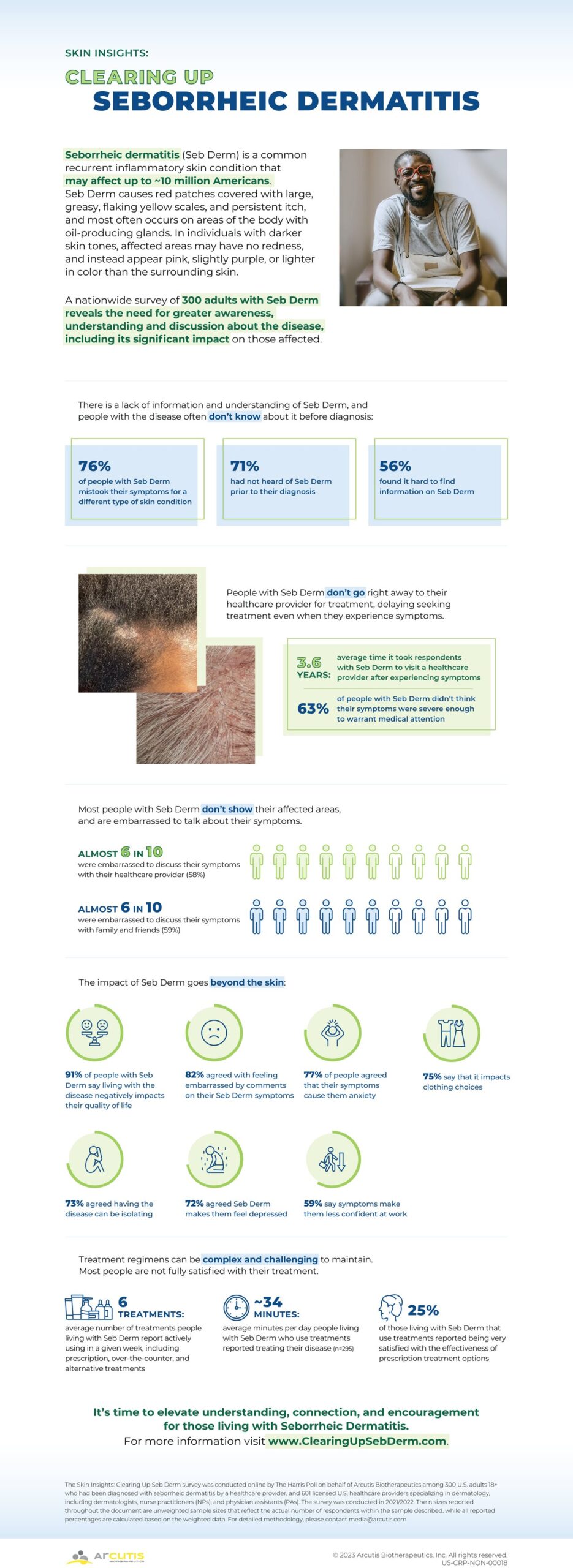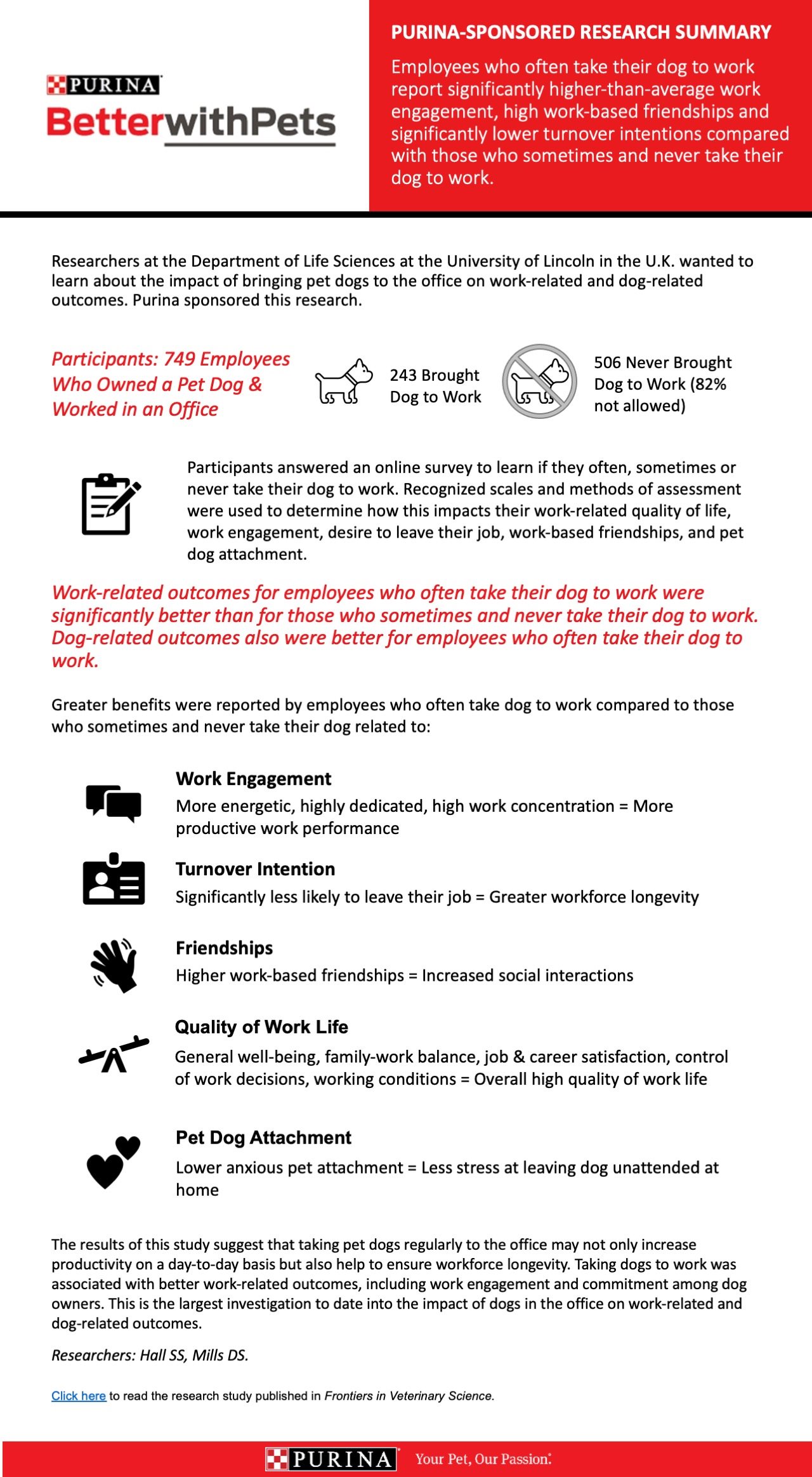2023-10-25T15:11:00
(BPT) – If you are diagnosed with obstructive sleep apnea (OSA), it’s likely that your health care provider will recommend treatment with a medical device called continuous positive airway pressure, or CPAP. While CPAP is the most common treatment that works well for some people, more than half of the patients find CPAP uncomfortable and are unable to use it. This leaves many people at risk from the consequences of untreated or undertreated OSA.
How OSA affects your health
People with OSA have pauses in their breathing during sleep, called apneas, when the muscles in their throat relax with sleep and block normal breathing. As a result, the quality of sleep may worsen, and lead to feeling overly tired during the day.
If you have OSA, you may experience fatigue and sleepiness, making it difficult to function at work and at home. This could have a negative impact on your life.
Over the long term, OSA can also lead to serious chronic health consequences. OSA can lower oxygen levels in your blood and make conditions such as diabetes, high blood pressure or hypertension worse. Long term, untreated OSA may increase a person’s risk of strokes and heart attacks.
Alternative treatments to CPAP
Apnimed is a pharmaceutical company focused on developing the first approved oral medications to treat OSA. One such potential new medicine is called AD109, which was used in a study called MARIPOSA that showed promising results.
The company is now conducting a larger clinical trial of AD109 called the LunAIRo study. AD109 is designed as a single pill taken nightly at bedtime, to help the muscles of the throat prevent the blockage of the airway that typically occurs with OSA.
Many patients with OSA are unable to adequately treat their condition with existing options, and the team at Apnimed is driven to find new solutions for patients and their doctors to overcome these barriers to treatment. The success of this effort is largely dependent on the dedicated work done by patients and doctors in the community who take part in clinical research.
“Any treatment is only effective as long as patients are using it,” said Sanjay Patel, M.D., primary investigator in the LunAIRo clinical study and Director, UPMC Comprehensive Sleep Disorders Clinical Program in Pittsburgh, Pennsylvania. “Unfortunately, many of my patients cannot or will not tolerate using CPAP or similar devices to help manage their OSA. It’s vital to discover and test alternative treatments for people with OSA to potentially help improve their quality of life at night and during the day.”
How you can enroll in a clinical study
If you have OSA and cannot or do not use CPAP, you may be eligible to enroll in a 12-month clinical study of AD109 called LunAIRo.
For more information about the clinical study and to enroll, visit www.LunAIRoStudy.com.

























